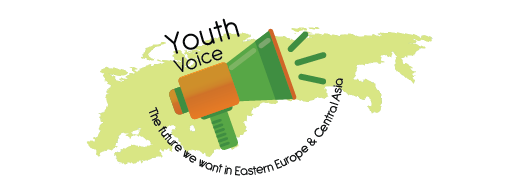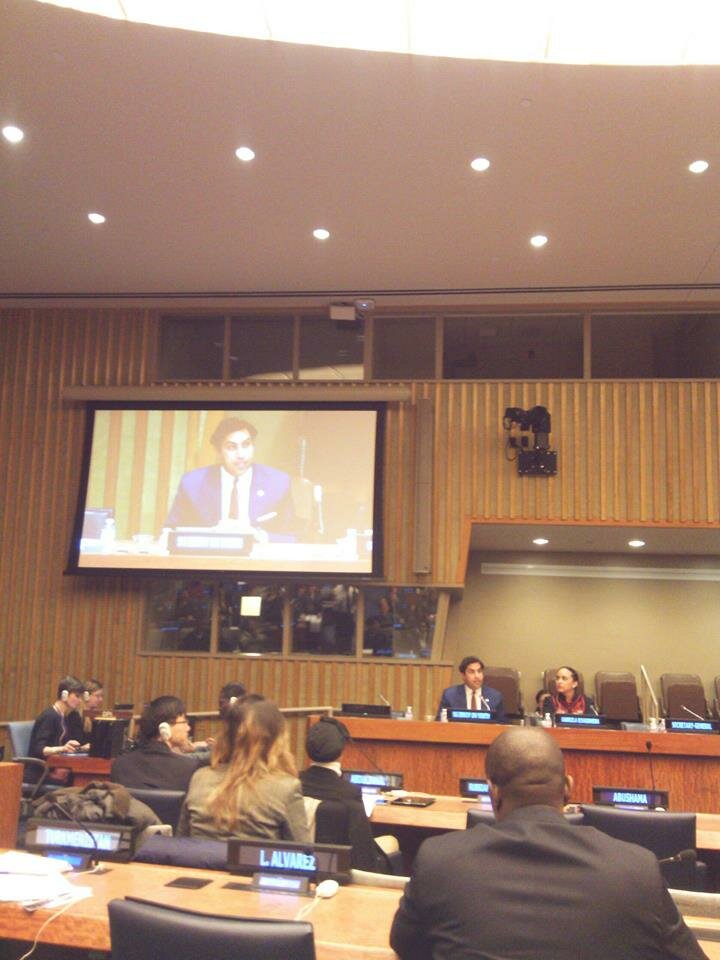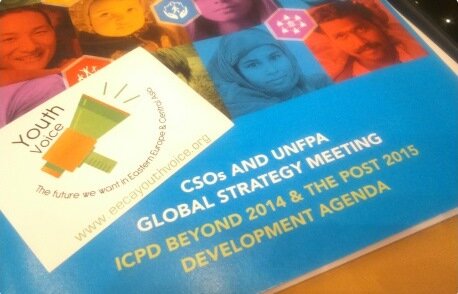Annual PETRI – Sofia Training School for Advocacy
To support the EECA Youth Voice Campaign momentum, PETRI Sofia decided to dedicate its Annual Training School to the topic of Advocacy, which brought together 57 participants from 19 countries, from the Eastern Europe and Central Asian region from organizations that are implementing their activities during the national advocacy campaigns as part of the Regional Advocacy campaign in 2014.
Training strengthened capacity of young people to plan, implement, monitor and evaluate advocacy campaigns in their countries aimed at improving the situation of young people and ensuring their issues are reflected in the post-2015 agenda as they developed concrete action plans for their national campaigns.
Here are some of the reflections of the Annual PETRI Sofia Training School participants:
Aidana Yeslamgali (Y-PEER Kazakhstan)
The annual advocacy training was held this year again in the astounding capital of Bulgaria, Sofia, organized by PETRI-Sofia. 19 countries, 57 participants – many young leaders gathered together to master the great art of advocacy. Sounds great already, doesn’t it?
Three days have passed fast and furious. Through interactive series of sessions, young advocates-to-be acquired skills of press-conferencing and became “gurus” of social media thanks to the amazing trainers.
As for me, the training was a priceless and irreplaceable experience. I was incredibly delighted to get to know many enthusiastic people who strive to transform the world to a better place to live and hear their innovative ideas – that’s the best motivation one could ask for. We are now even more entitled to plan, act and make difference.
Bernard Shaw once said: “Progress is impossible without change, and those who cannot change their minds cannot change anything”. I can say now that because of this amazing event I am enabled to see in a new dimension now and what is more important, I am empowered to change the minds of other people.
Aulonë Kadriu (Peer Education Network, Kosovo)
Dynamic, interactive and very useful – would be the three words I’d use to describe the Advocay Training if I was asked to do so. There were many highly motivated young people from various parts of Europe partaking and willing to learn, so I think this made the whole training an environment of exchanging good practices and learning not only from the trainers but from our peers as well. Having the possibility to transform theory into practice and being mentored by professionals was one of the main things I would like to highlight when talking about the training.
We learned that Advocacy is more complex than we thought it was, but this doesn’t make it any harder to be practiced. Our trainers, especially Kent explained in a detailed and systematic way the main steps of Advocacy, our potential allies, our opposition and the tools we can use in achieving our goals and causes.
Thinking about every detail, planning an advocacy campaign precisely with all the steps of it included, identifying the sources and tools you can utilize in order to make your campaign as meaningful as possible and what’s the most important – preparing yourself for your potential “enemies” were definitely the most important and useful parts of this training that made us feel more skilled, informed and motivated.
For more information visit https://eecayouthvoice.org/ and https://www.facebook.com/EECAYouthVoice





Get Social